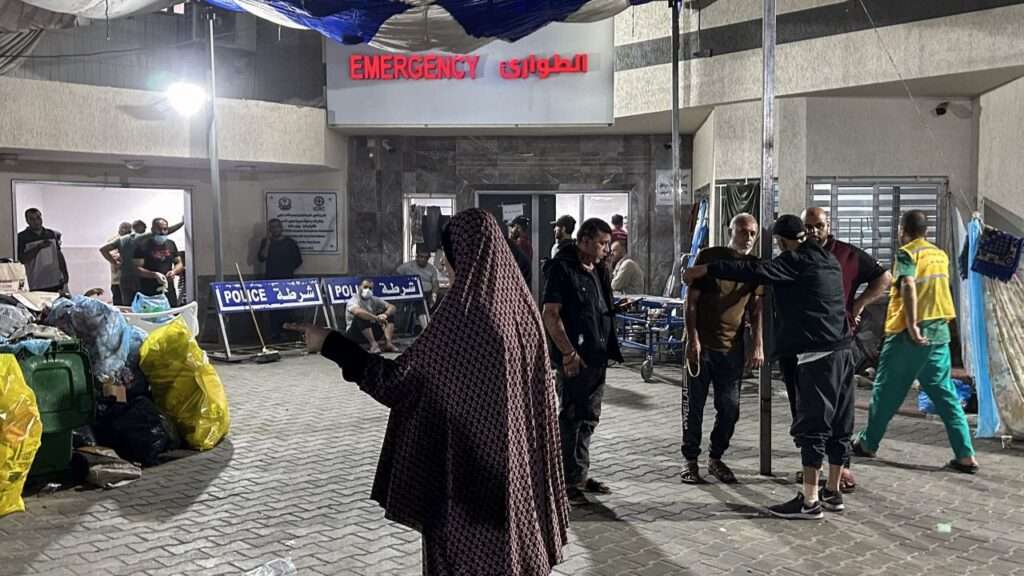Hospitals across Gaza are on the brink of shutting down as a devastating fuel shortage halts power supply to critical medical services. Health officials warn that without immediate intervention, the region may witness mass casualties, as healthcare systems buckle under increasing pressure from ongoing conflict and blocked aid routes.
With electricity grids non-functional and fuel deliveries blocked, medical facilities in Gaza now rely entirely on backup generators, many of which are close to failing. These generators support intensive care units, ventilators, neonatal incubators, and surgical equipment—tools essential for survival in any emergency zone.
Local doctors describe the situation as a ticking time bomb. “We are counting down to complete blackout,” said a physician at one of Gaza’s largest hospitals. “Every minute without fuel means a patient may not make it.”
The disruption is compounded by critical shortages of medicine, sterile supplies, and oxygen tanks. Emergency surgeries are being cancelled or delayed, and healthcare workers are being forced to make impossible choices about who receives treatment.
The World Health Organization (WHO) has raised alarm over the deteriorating conditions. In a recent statement, WHO officials described Gaza’s hospitals as being “at risk of turning into morgues” if fuel is not urgently supplied. Many health centers have already suspended outpatient services and closed non-essential wards to conserve the little fuel that remains.
More than 50 healthcare facilities have been damaged or destroyed since the conflict began, and over 300 medical personnel have been killed or injured, severely hampering emergency response efforts. Ambulances, too, are running low on fuel, making it nearly impossible to reach the wounded in time.
United Nations agencies and humanitarian groups have called for immediate safe passage for fuel and medical aid into Gaza. However, ongoing hostilities and border restrictions have stalled relief efforts, putting thousands of lives in jeopardy.
Lynn Hastings, the UN’s aid coordinator for the region, stressed, “This is not just a fuel crisis—it’s a crisis of survival. Healthcare systems are collapsing before our eyes.”
The situation has also sparked fears of infectious disease outbreaks. With sanitation systems overwhelmed and clean water scarce, the risk of illnesses such as cholera and respiratory infections is rising rapidly, especially in overcrowded shelters.



